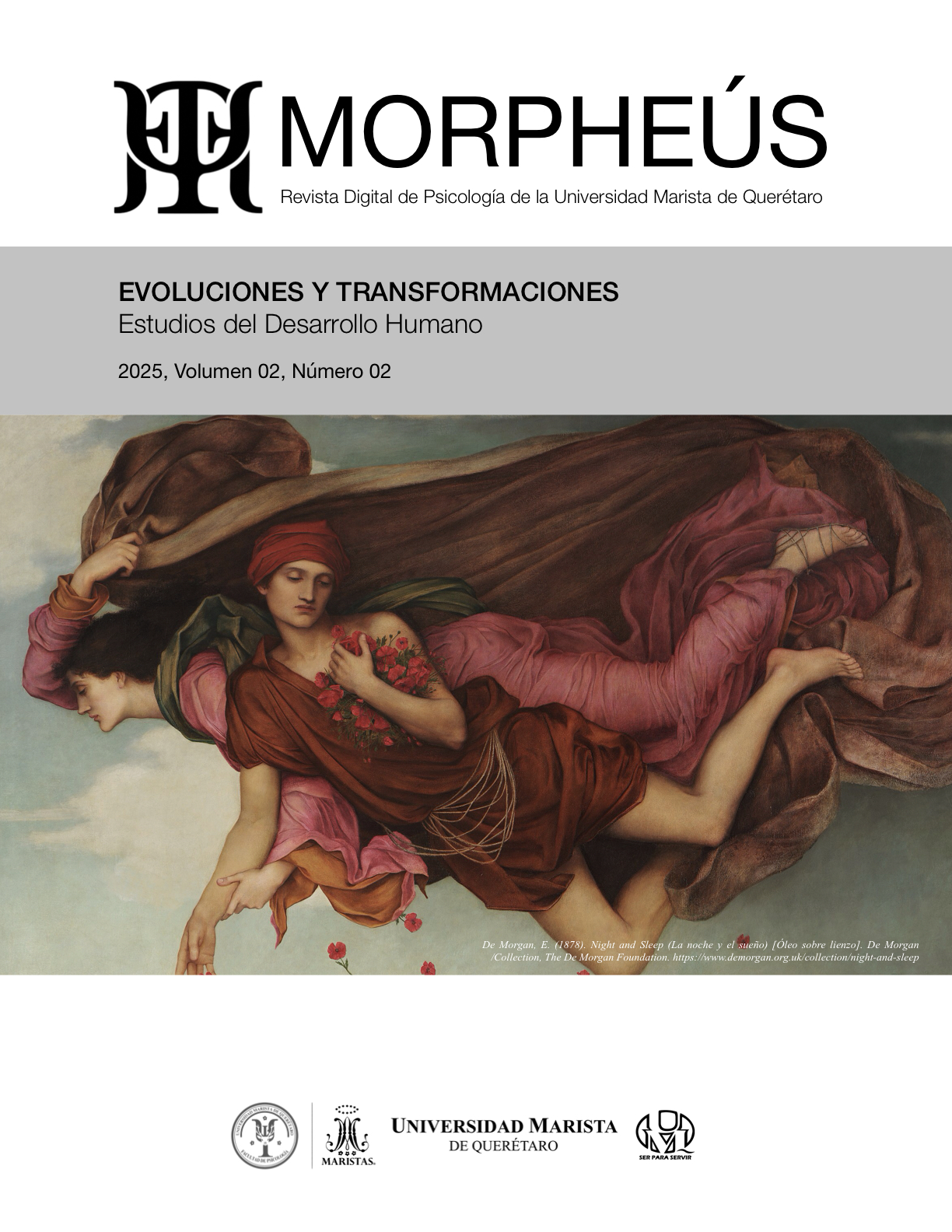Abstract
Functional Psychology, rooted in the body-centered psychotherapy of Wilhelm Reich and later systematized by Luciano Rispoli, proposes an integrated view of the human being, where mind and body are not separate entities but interdependent functions. From a multidimensional perspective, this approach explores human development through the interaction of neurophysiological, emotional, symbolic-cognitive, and postural systems. This article discusses how early life experiences—referred to as basic experiences of the self—leave imprints on an individual’s psychocorporal functioning, affecting self-regulation and relational capacities. Based on these alterations, Functional Psychology develops therapeutic interventions aimed at reconstructing such experiences, restoring vitality, spontaneity, and the integrated self.

This work is licensed under a Creative Commons Attribution 4.0 International License.
Copyright (c) 2025 De. Ivana Monzani

